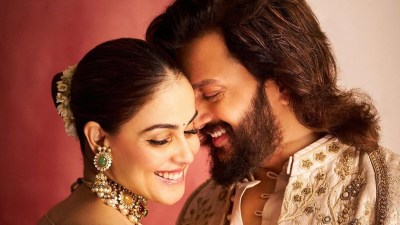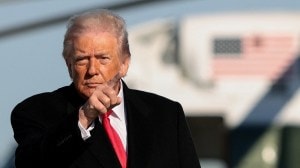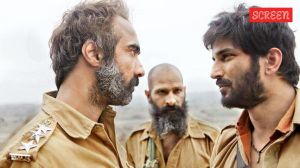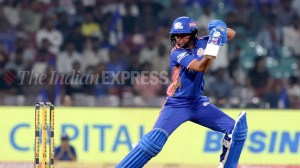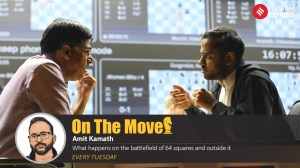A straight bat
Sangakkara tells it like it is cricket administrators should hear him out
Crickets sounds are predictable: of the leather hitting the willow,the subtle touches that need a Snicko and that overworked interjection Howzzat. The cricketers voice is perhaps the least heard in the game. Often times a team sport demands the subordination of stray opinions to a collective view and will. But then there are indeed times when a sport demands its sportsperson to speak up. It was one such moment for cricket when Kumar Sangakkara broke the games omerta code with his MCC Spirit of Cricket Colin Cowdrey Lecture.
The former Sri Lanka captain was loud and clear: not only in his eloquent narration of crickets place in his country,of that day in 1996 when Arjuna Ranathungas boys won the World Cup and the game became a point of collective joy in a divided nation,but also and especially in his scathing attack of the board,Sri Lanka Cricket. Sangakkara revealed the other side of the game in the island nation,one that many have hinted at but never spoken so forcefully on: the lobbying and violence that characterise the boards elections,its insidious power games that can divide the players,and the unseemly patronage of the sports ministry that has the final say on a teams constitution. Sangakkaras was a demand for something basic: clean up the act for the sake of the game.
Sangakkara,it is reported,has been called for an explanation by the countrys sports minister. Instead of a censure,a searching would be appropriate. At a time when many cricketing nations have been reticent to comment on the merits of the ICCs recent suggestion to keep politicians out of the boards,Sangakkara has opened the debate. It is something that other nations could follow on. Sri Lankan cricket found a fabulous raconteur early this year in novelist Shehan Karunatilaka; now it has found someone who can play a straight bat in Sangakkara both welcome voices for the game.
- 01
- 02
- 03
- 04
- 05


